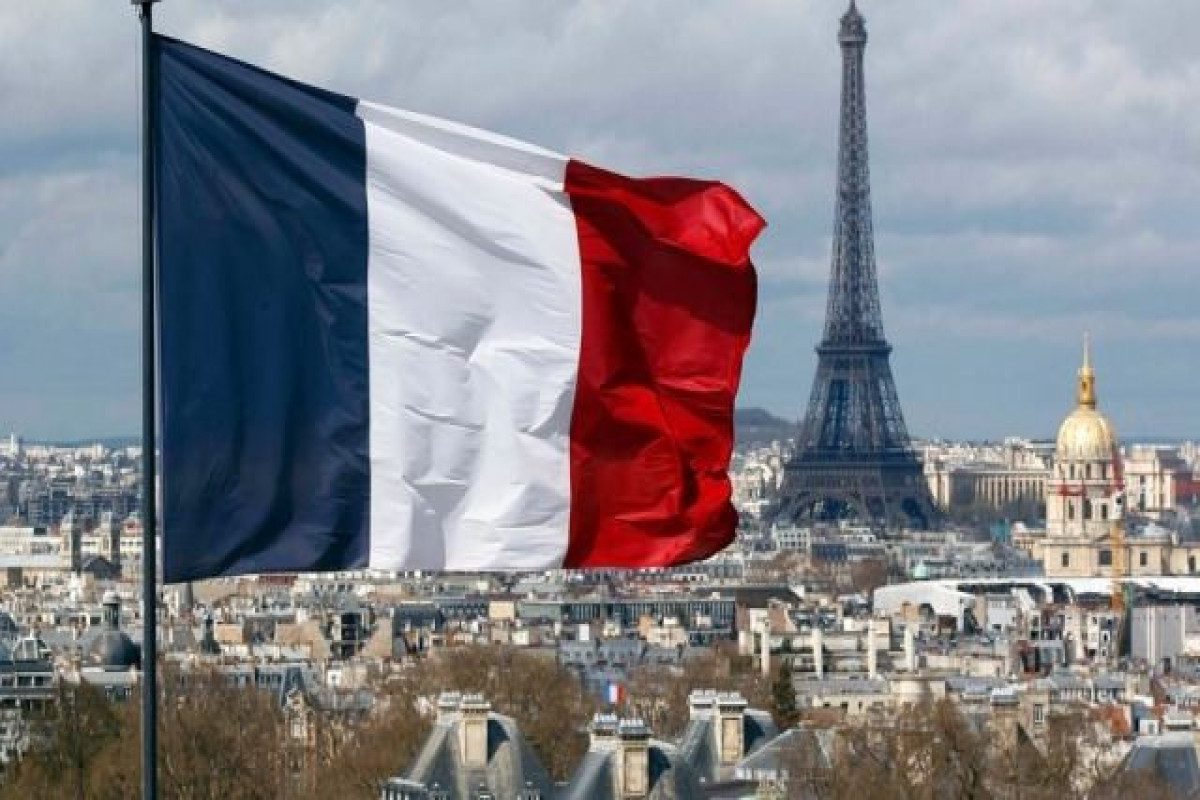On March 29-30 of this year, the second Summit for Democracy organized by the US will be held. This year’s summit, to be held on the initiative of the Biden administration will be hosted by Costa Rica, the Netherlands, South Korea, and Zambia along with the US. The first day of the summit will be held in a virtual format and following this, various meetings with the participation of representatives of the government, civil society representatives, and private sector will be held in every host country in a hybrid format. Biden administration increased the number of world leaders invited to the summit to 120 this year. Among them, there are also 8 countries that were not invited to the first summit held in December- Bosnia and Herzegovina, Gambia, Honduras, Côte d'Ivoire, Liechtenstein, Mauritania, Mozambique, and Tanzania.
Holding Summit for Democracy was Biden’s idea put forward in the election campaign in 2020. In this way, the future President stated that "the United States and its like-minded allies should send a message that democracy is better for the people than authoritarian regimes." The summit was supposed to give the world a "democracy lesson" and show which countries are democratic. A year after the presidential elections- on December 9-10 2021, finally, the Biden administration organized the first Summit for Democracy. However, several organizational biases in that summit raised serious questions about its real purpose. It was understood from the list of the participant countries that Washington mainly did not want to see the states that had an independent policy. Inviting countries far away from the concept of democracy, such as Armenia, which committed serious human rights violations, made more incomprehensible the purpose of the US to hold this event.
Actually, the first Summit for Democracy contributed to the further increase of polarization at a global level. The US, instead of expected interfering in the Russian-Ukrainian war through diplomatic tools, and eliminate the escalation, gathered its team around it and made a muscle display by exploiting the concept of democracy. In these terms, the summit served only one purpose stated by Biden during the election campaign- to show who the US and its “like-minded allies” are with it.
Against the backdrop of the Russia-Ukraine war, which began approximately 3 months after the first summit in 2021, the geopolitical situation in the world and the established security architecture have fundamentally changed. International law has already lost its power and turned into a tool of pressure in the hands of one group against others. Now each of the hegemonic states is trying to strengthen its hand by gathering the satellite states around it. In such conditions, the second Democracy Summit turned into a kind of platform for the US’ muscle display.
Taking into account all of these, it is possible to say that being invited or not to the summit cannot be accepted as an index of the democracy index of any country. Particularly in the current complicated geo-political situation.
However, not being invited to the summit can be an indicator of how independent the policy of the country is. For instance, Hungary, a member of NATO and the EU, but is able to dictate its desires to the power centers of the West by its independent foreign policy, has not been invited to the great summit of Biden. Turkiye, where democratic elections have been held for decades, is deemed an ally by the US for itself, and which took a globally significant role in the Ukraine war is also among the countries which were not invited to the summit. Perhaps, in this way, Washington also tries to impact the results of the elections to be held in Turkiye in May. The non-invitation of Azerbaijan, which strongly supports the US's fight against international terrorism, participates in its operations in the Middle East and Afghanistan with a peacekeeping mission, and is called a reliable partner by the West in the current energy crisis, is another example of the country's independent foreign policy. During the years of independence, the Azerbaijani authorities skillfully used the favorable geostrategic position of the country and managed to stay out of global and regional conflicts, clashes, and tensions. Such a non-alignment position has an undeniable role in the transformation of Azerbaijan into one of the most powerful countries in the region now.
So, whether or not any country participates in this summit, which is not based on democratic principles at the time of invitation, should not be taken as an index of its democracy.
Summit for Democracy of US and its “like-minded allies” is an exploitation of democracy for muscle display-ANALYSIS
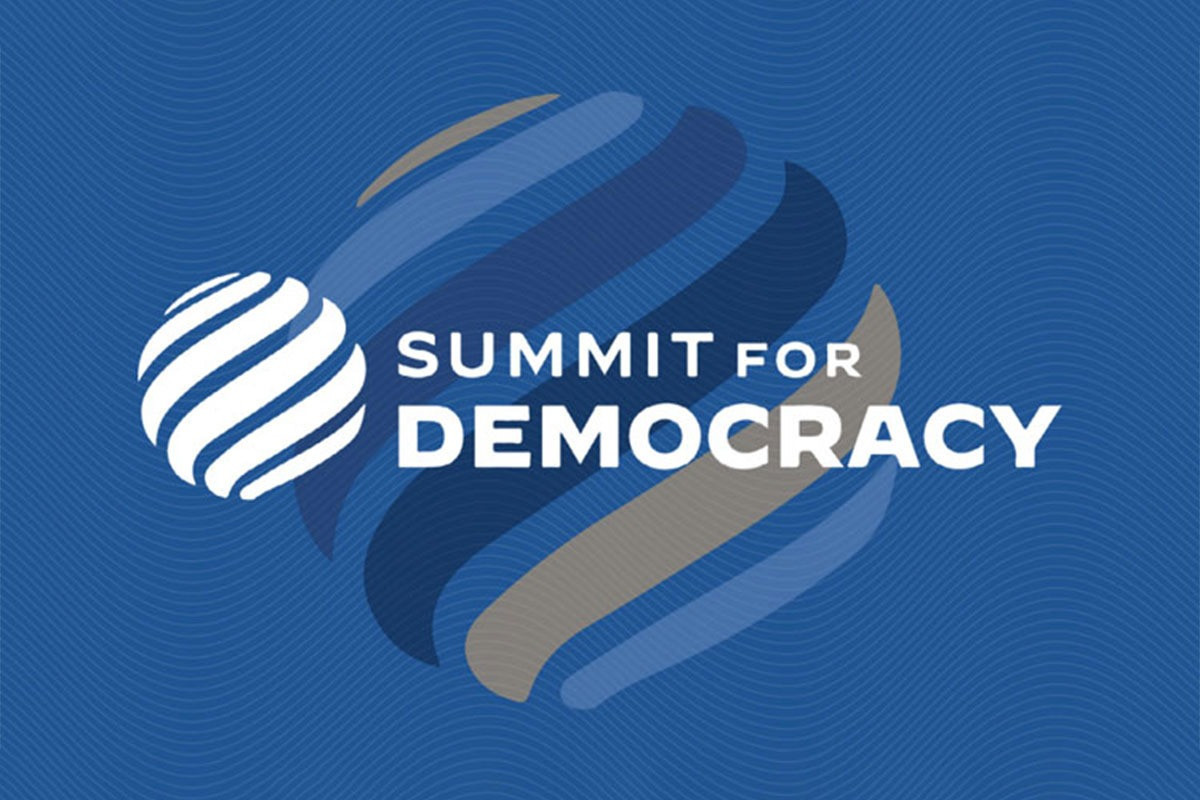
Political
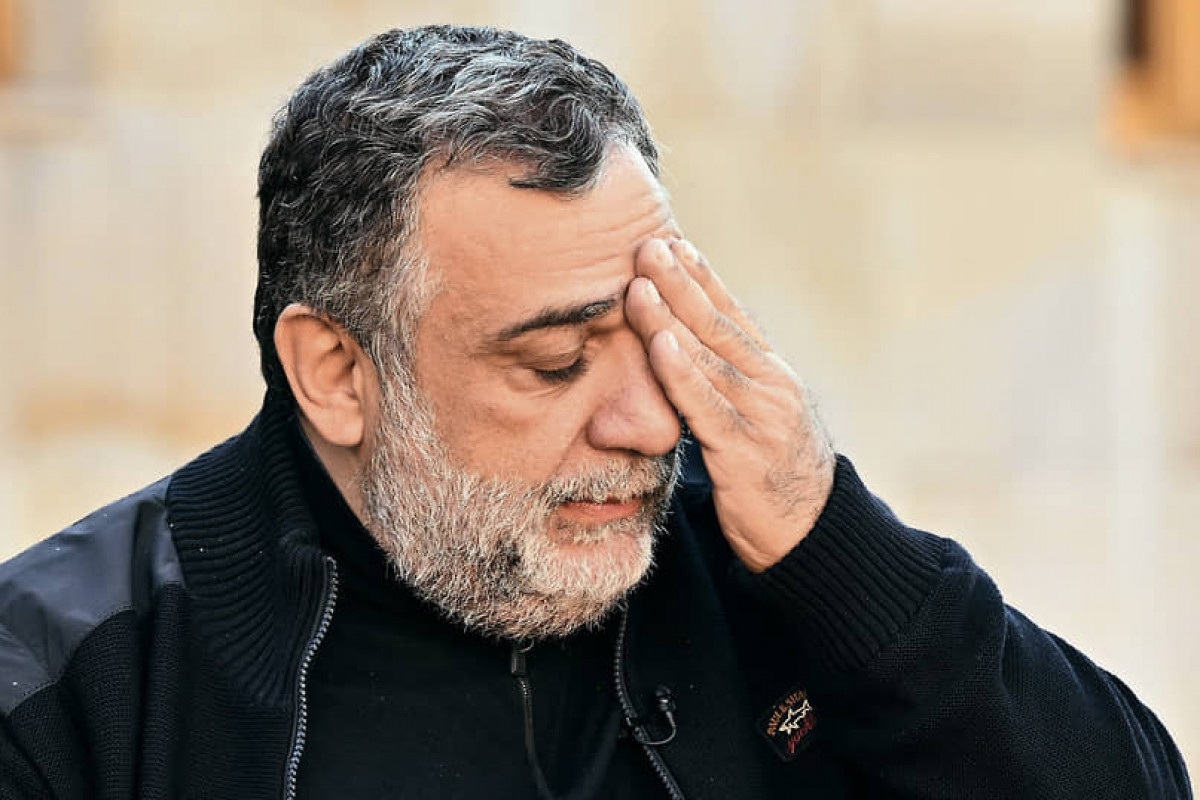
An attempt to create a "Dove of Peace" from Vardanyan — Struggle over the wealth of the separatist billionaire-ANALYTICS
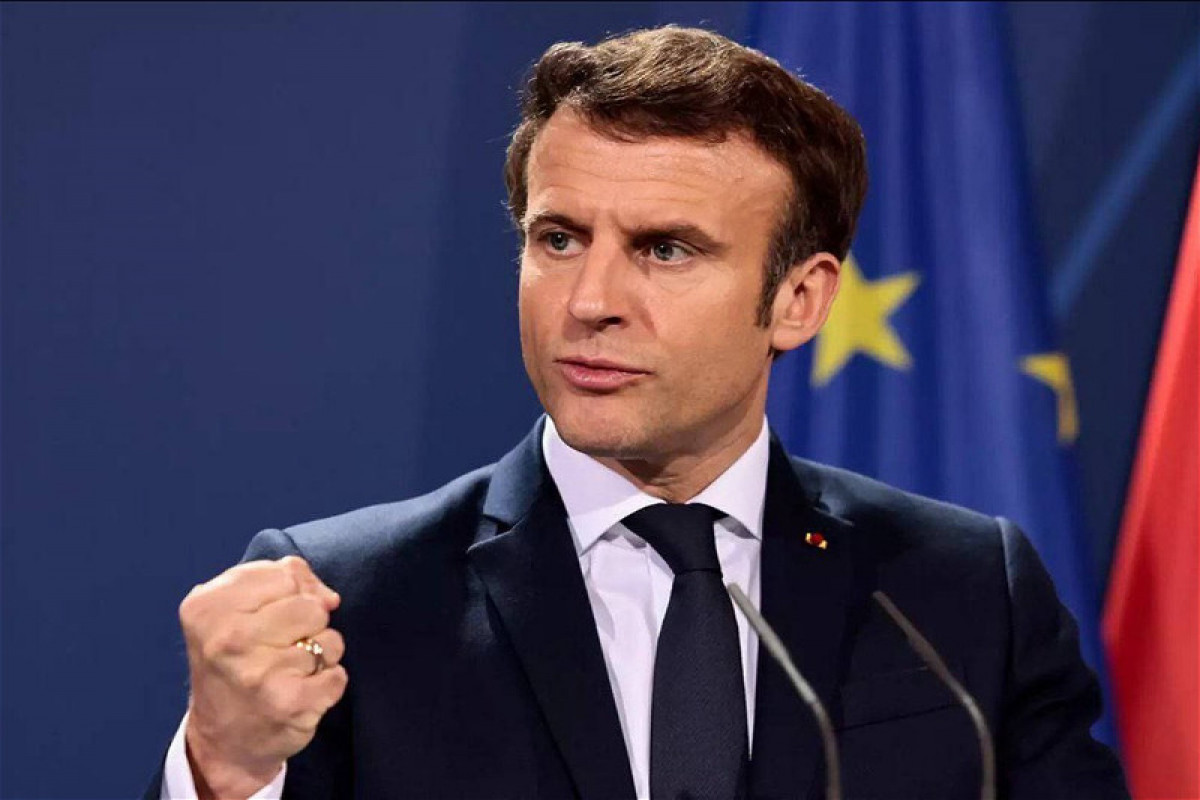
Macron is not sincere in his statements - France allocates less military support to Ukraine than Baltic countries-ANALYSIS
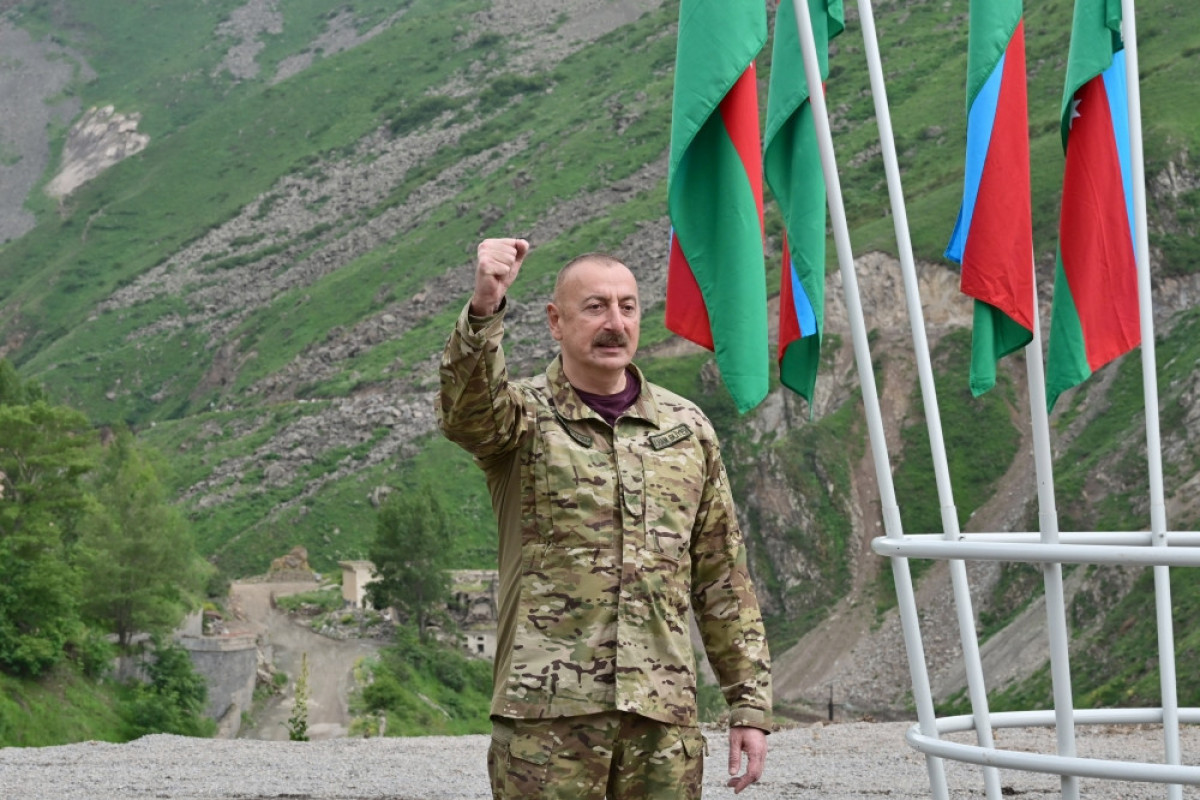
Ilham Aliyev achieved to return Gazakh's 4 villages to Azerbaijan without single bullet or bloodshed -ANALYSIS
